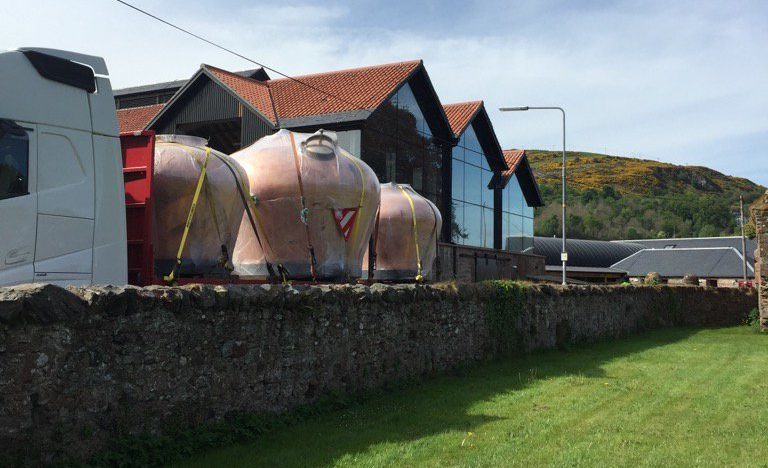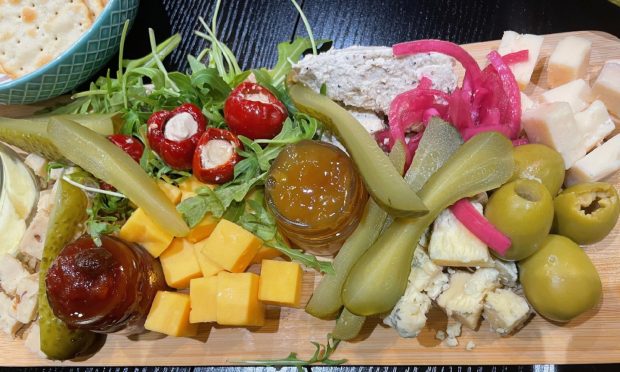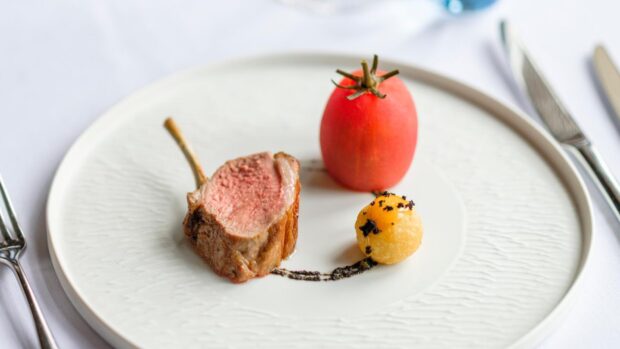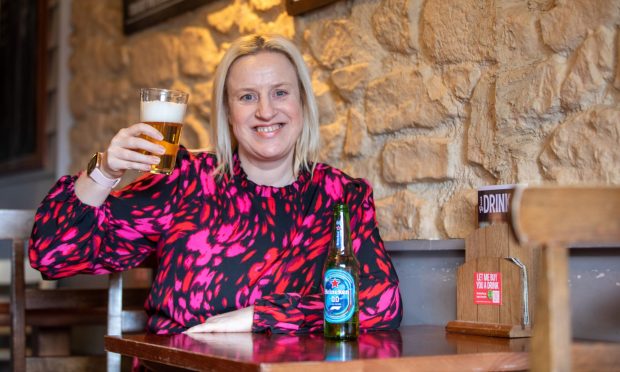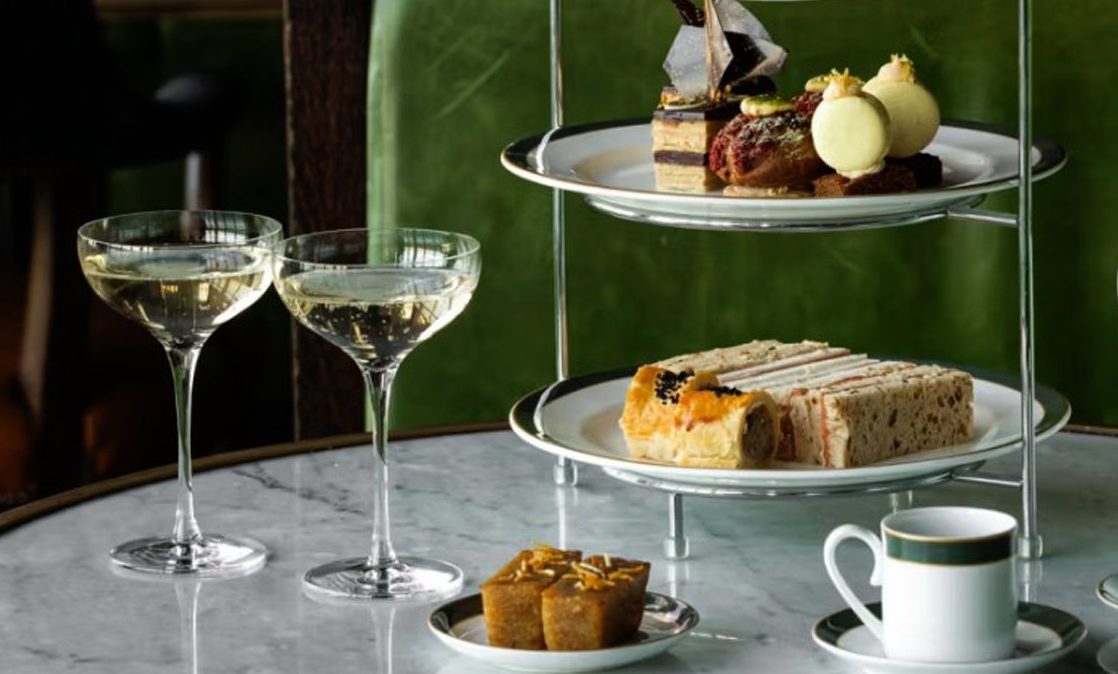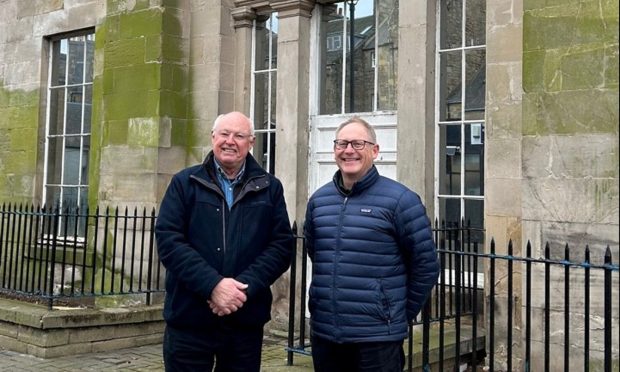Many distilleries claim to be historical—the oldest in Scotland, the first licensed distillery, or whatever. However, a Fife distillery that opens this week/month stands on the site where whisky distilling was first recorded in Scotland.
Lindores Abbey, just outside Newburgh, is where the first written evidence of whisky distilling originated—an invoice in 1494 to Friar John Cor for eight bolls of malt “with which to make aqua vitae”.
Drew and Helen McKenzie-Smith—the distillery is their £6 million years-planned brainchild—readily admit whisky may have been distilled elsewhere in Scotland before then, but the friar’s bill is the first written record, with 1494 seen as Scotch’s birth year. Now, 520 years later, distilling will resume at Lindores.
A fascinating mix of old and new, the distillery stands in the grounds of the long-gone Tironensian monastery in a much-altered farm steading built from recycled abbey stonework. The visitor centre has eye-catching murals depicting early monastic life. The Refectory restaurant has heavy larch tables and monks’ chairs. A huge 65-foot oak table graces the long foyer. In The Apothecary, visitors can mix fresh local herbs with new-make spirit to produce their own aqua vitae.
Yet the distillery itself is totally 2017—bright malt bins and a grist mill feed a hefty mashtun, four 10,000-litre Oregon pine washbacks, and three Forsyth of Rothes stills (one wash, two spirit) plus all the usual tanks and vats. Annual output will be 150,000 litres of alcohol on four mashes a week, but there’s space for expansion. A dunnage warehouse will hold the first year’s production, with plans afoot for more on-site warehouses or a potential deal to store later years’ output nearby.
Water will be sourced from a 70-metre deep artesian well. Casks will be mainly ex-bourbon, with some ex-sherry. Barley will come from the McKenzie-Smiths’ own farmland and elsewhere in Fife.
Unexpected hurdles have included re-routing an overhead cable, fending off legal challenges from Lindor chocolate makers and (amazingly) Red Bull—and opting for kerosene burners, as bringing in mains gas would cause too much upheaval in Newburgh.
Unlike many new distilleries, Lindores will not market gin or vodka but a special aqua vitae unique to the distillery. If he is watching, Friar John Cor would certainly approve.
